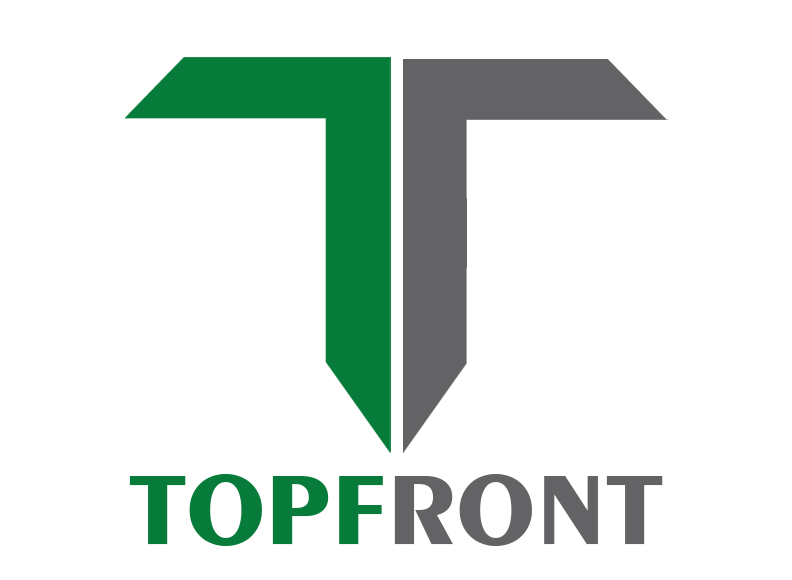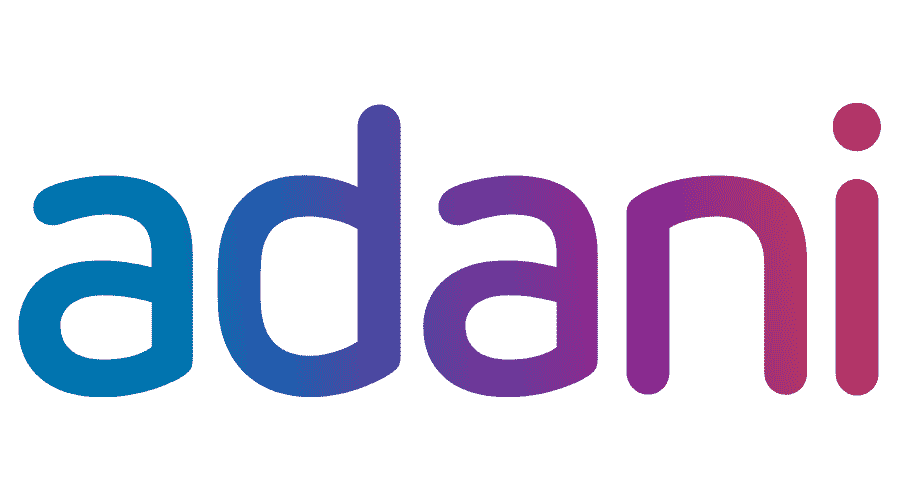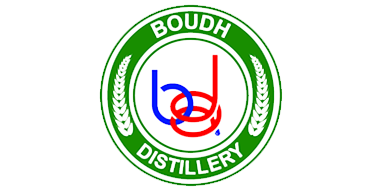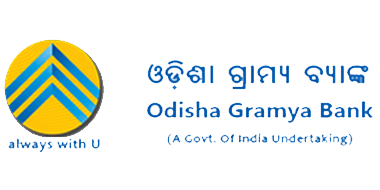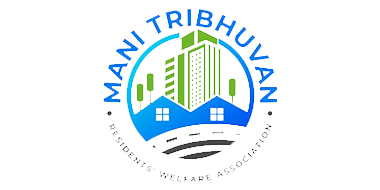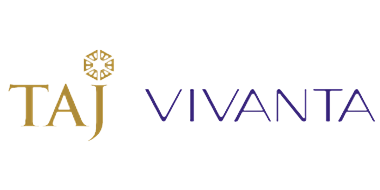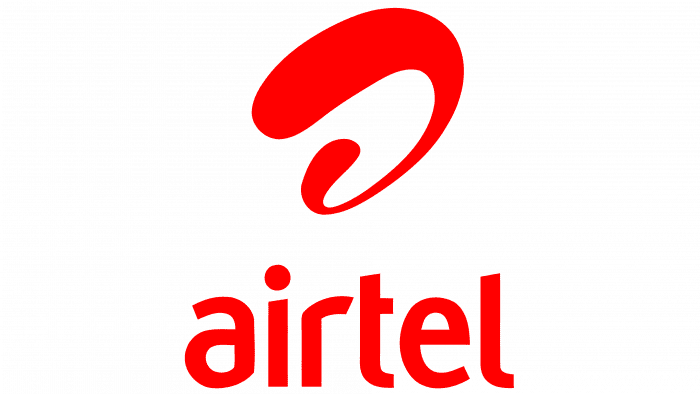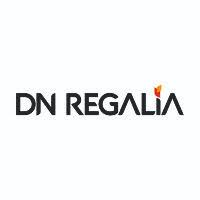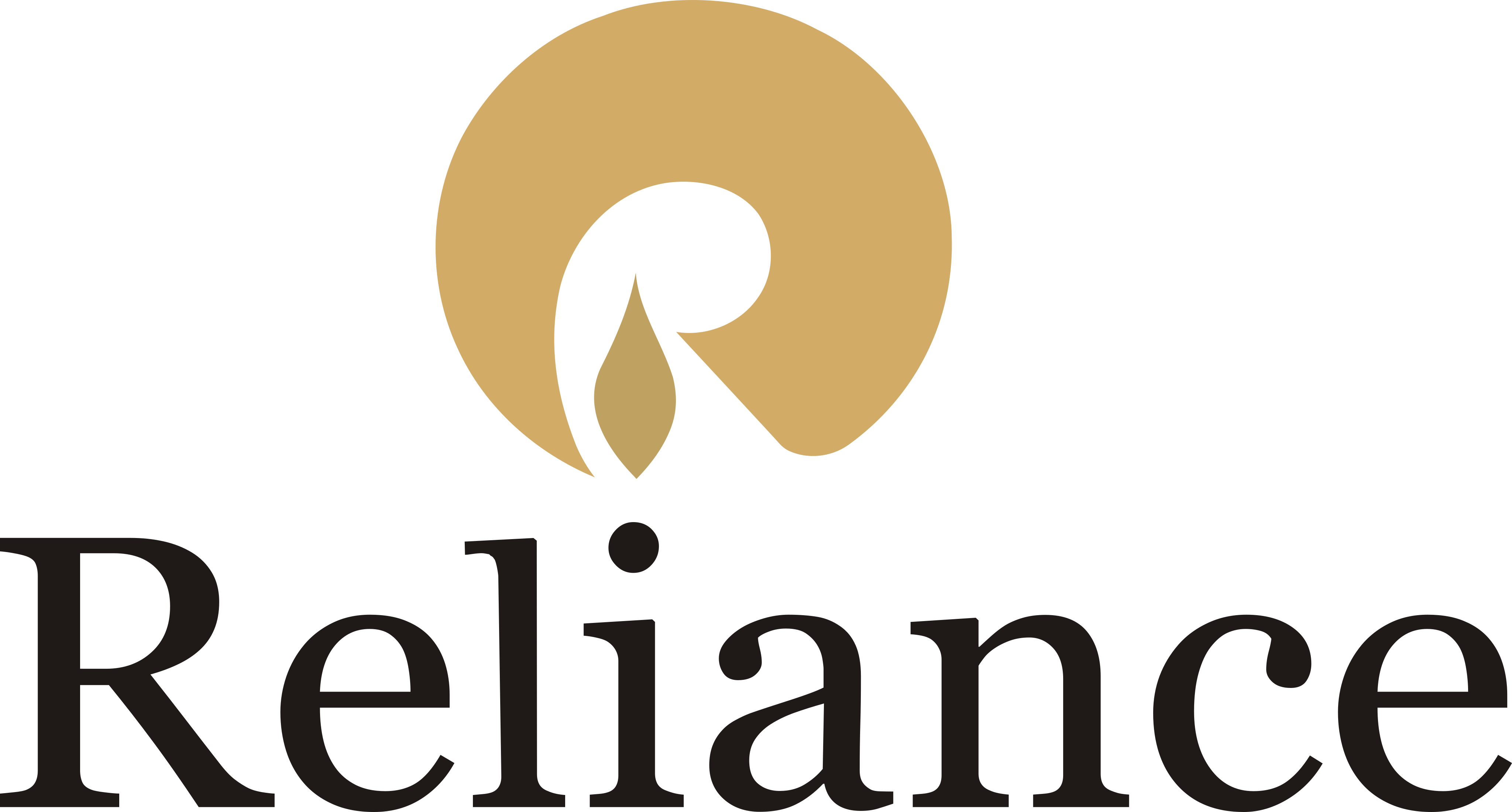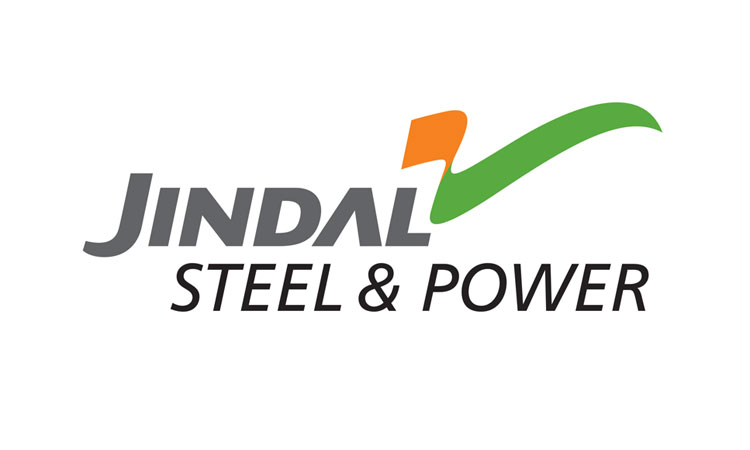
Engineer & Industrial Management
- Process Optimization:Improving processes to increase efficiency, reduce costs, and enhance quality.
- Project Management:Planning, organizing, and managing resources to achieve specific project goals.
- Supply Chain Management:Coordination of activities involved in sourcing, production, and delivery of goods.
- Quality Assurance and Control:Proactive process focusing on preventing defects by ensuring proper methodologies.
- Technology Integration:Incorporating technology tools and systems into processes, workflows, or products.

Industrial Asset Management
- Asset Lifecycle Management: It refers to the systematic process of managing an asset from acquisition to disposal
- Predictive and Preventive Maintenance: Routine maintenance performed to prevent unexpected equipment failures.
- Data-Driven Decision Making: The process of making decisions based on data analysis and insights.
- Inventory and Spare Parts Management:he process of overseeing and controlling inventory levels, including raw materials.
- Financial Optimization: The process of improving financial performance by maximizing revenue, minimizing costs.

Manpower Management
- Workforce Planning: The process of aligning an organization's human resources with its business goals.
- Recruitment and Selection:The process of attracting, screening, and selecting qualified candidates.
- Performance Management: The process of assessing, monitoring, and improving employee performance to align individual goals
- Employee Retention: The strategies and practices employed by an organization to keep its employees engaged, satisfied.
- Workforce Optimization: The process of improving the efficiency, productivity, and performance of employees by aligning their skills.
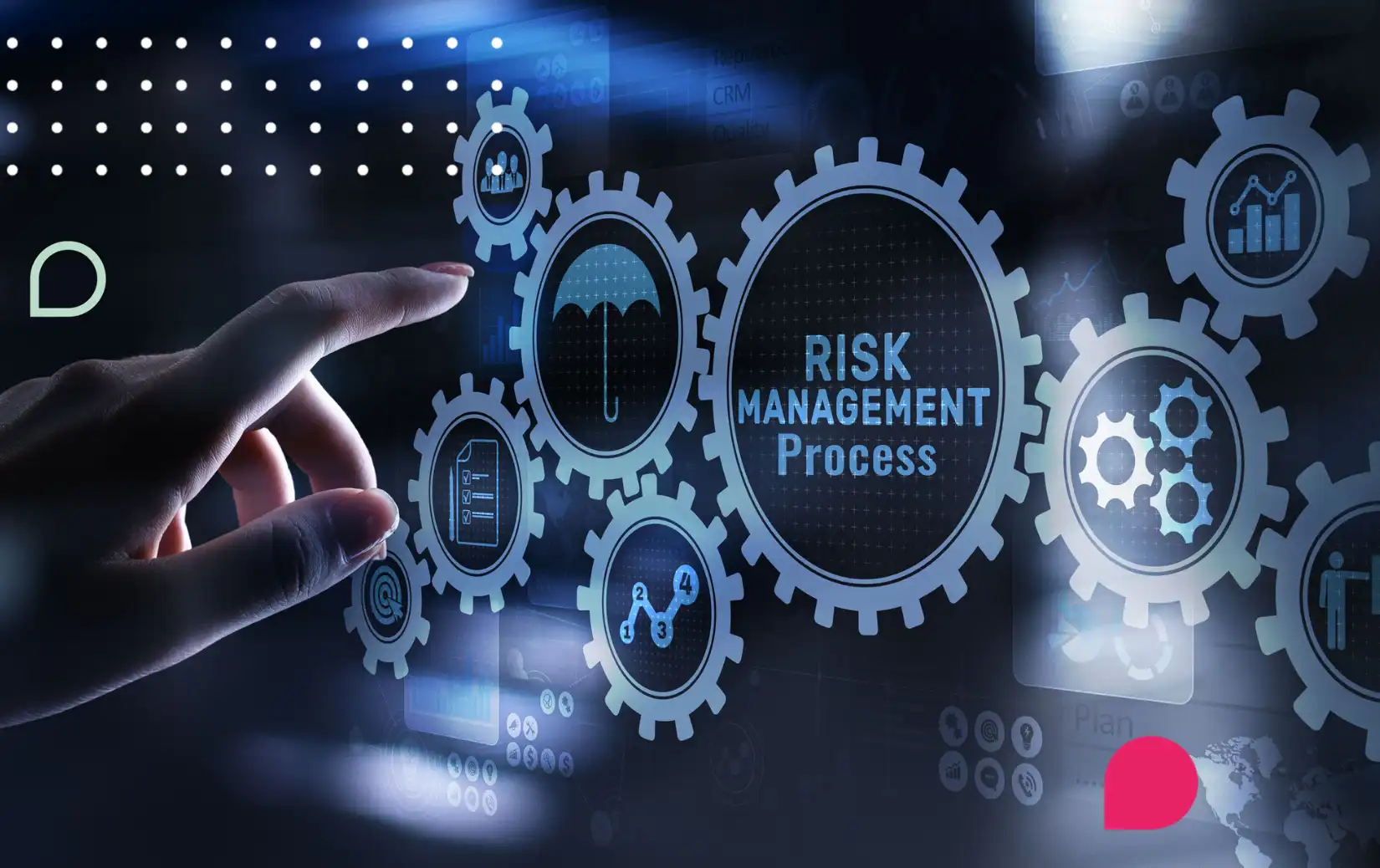
Risk Management
- Risk Identification:The process of recognizing and documenting potential risks that could negatively impact an organization's objectives.
- Risk Assessment: The process of evaluating identified risks to understand their potential impact, likelihood.
- Risk Mitigation: The process of implementing strategies and actions to reduce or eliminate the impact of identified risks.
- Monitoring and Review: The process of continuously tracking identified risks, the effectiveness of mitigation measures.
- Risk Communication: The process of sharing information about identified risks, their potential impact, and mitigation strategies.

Staffing Solution
- Talent Acquisition:The process of attracting, sourcing, recruiting, and hiring skilled individuals to meet the organization's workforce needs.
- Workforce Flexibility:The ability to adapt the workforce to changing business needs, through flexible work arrangements, roles, and schedules.
- Skill Optimization:he process of improving and maximizing employees' skills and capabilities to enhance performance, productivity, and organizational success.
- Cost Efficiency:The practice of reducing costs while maintaining or improving the quality and effectiveness of business operations.
- Compliance and Risk Management:Compliance ensures that an organization adheres to laws, regulations, and standards.

Software
- System Software:System software is the foundational software that manages and controls hardware components .
- Application Software:Application software refers to programs designed to perform specific tasks or solve particular problems for the user.
- Middleware:Middleware is software that acts as a bridge between different applications, databases, or systems.
- Development Software:Development software, also known as software development tools, refers to applications
- Cost Efficiency:Cost efficiency refers to the ability to produce goods or services at the lowest cost while maintaining quality.
